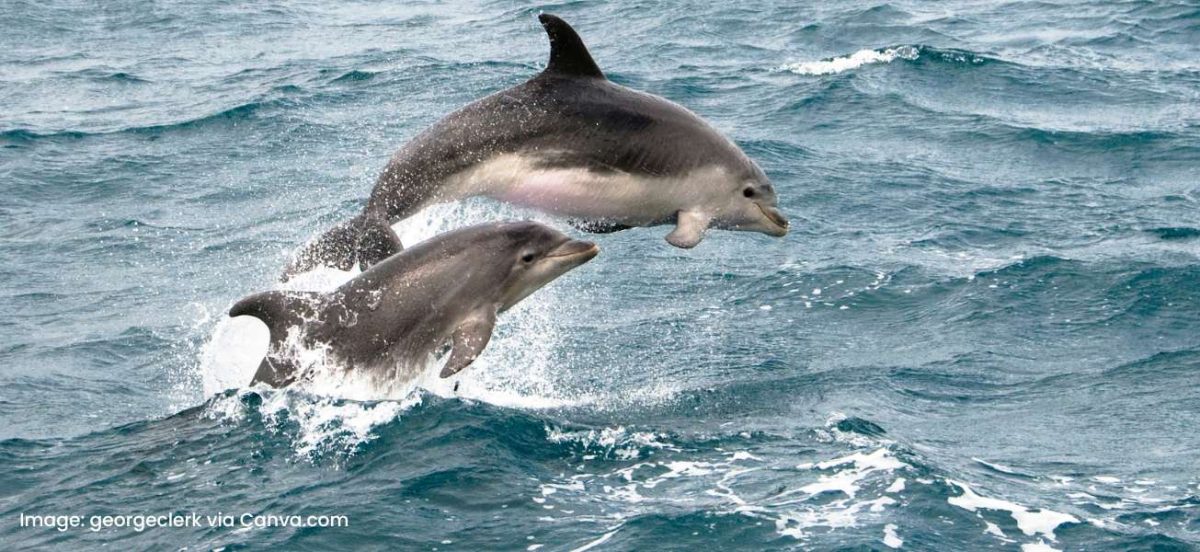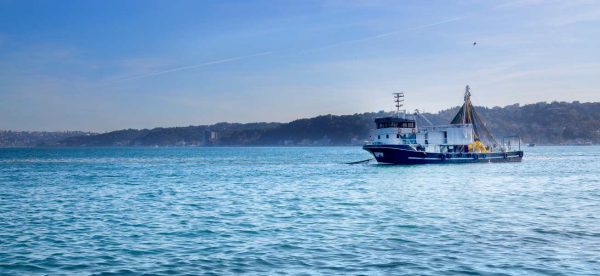
Image: taylanibrahim via Canva.com
Greece becomes first European country to ban bottom trawling in marine protected areas
Bottom trawling is a fishing method where heavily weighted nets are dropped on top of marine habitats and then dragged across the ocean floor.
The bottom trawling ban in Greece will come into force within two years in national parks. The ban will extend to all marine protected areas by 2030.
There is hope this move will mean other EU countries take steps to better protect marine animals from trawling, helping to restore biodiversity on the ocean floor.
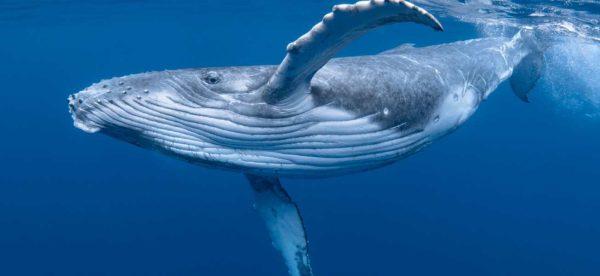
Image: Craig Lambert via Canva.com
Treaty between Indigenous leaders recognises whales as legal persons
Indigenous leaders of New Zealand, Tahiti and the Cook Islands signed a treaty recognising whales as legal persons.
This shift to personhood represents one of the first contemporary examples of transnational Indigenous governance as a tool to create species justice.
The treaty could be use to apply pressure to governments to offer greater protections for whales, especially in nations with more robust Indigenous governance structures and legal frameworks.
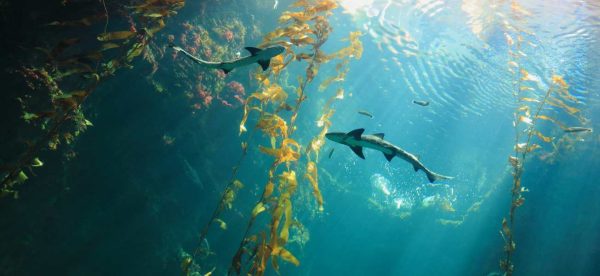
Credit: RyanKing999 via Canva.com
European Union votes to ratify the High Seas Treaty
The High Seas Treaty provides for common international governance of marine life in the High Seas, comprising 61% of the world’s ocean. Currently, only 1% of the high seas are protected.
The vote to ratify is an important global signal that the EU is serious about prioritising greater ocean protection and will hopefully trigger a wave of ratifications from the 27 EU governments before the 2025 UN Oceans Conference in Nice.
The High Seas Treaty will take effect once 60 countries ratify.
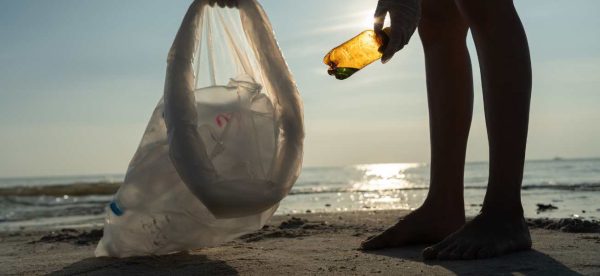
Credit: Karolina Grabowska via Canva.com
Progress is being made to create the first legally binding treaty on plastic pollution
This week was the fourth round of negotiations for the global treaty to end plastic pollution.
According to attendees this round saw a breakthrough with solutions being discussed, limits on plastic manufacturing remaining on the table, and countries agreeing to continue working on the treaty before the next meeting later this year.
Thank you for sharing in this good news for the ocean.
